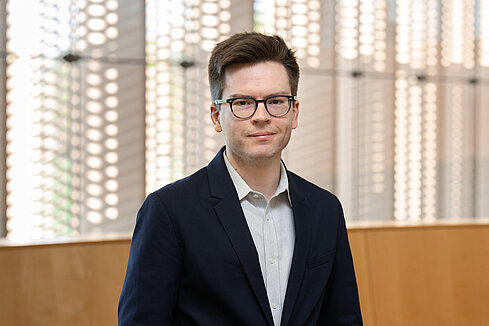2023 Finalist Michael A. Skinnider, M.D., Ph.D. Assistant Professor, Princeton University, USA

Michael Skinnider is an Assistant Professor in the Princeton Branch of the Ludwig Institute for Cancer Research and the Lewis-Sigler Institute for Integrative Genomics at Princeton University. He earned his M.D. and Ph.D. from the University of British Columbia, completing his doctoral work with Dr. Leonard Foster. He was also a visiting Ph.D. student and then Postdoctoral Fellow at the École Polytechnique Fédérale de Lausanne with Dr. Grégoire Courtine. Previously, he completed his undergraduate studies at McMaster University, where he worked in the laboratory of
Dr. Nathan Magarvey.
Essay: From Single Cells to Neural Circuits
The human brain is composed of billions of neurons, wired together into neural circuits by trillions of synapses. Deciphering the organization of these neural circuits is a fundamental goal of neuroscience. Historically, however, studying neural circuits has been a time-consuming and labor-intensive endeavor. Michael Skinnider developed a pair of machine-learning tools, named Augur and Magellan, to accelerate the pace at which neural circuits can be mapped. These tools are designed to operate on data generated by the emerging techniques of single-cell and spatial transcriptomics, which can measure the expression of thousands of genes across tens of thousands of neurons in a single experiment. Applying Augur to single-cell and spatial transcriptomic data from the mouse spinal cord revealed a subpopulation of neurons that allowed paralyzed mice to recover the ability to walk again. Together, Augur and Magellan provide a framework that could accelerate our ability to identify the neurons underlying any given behavior.
For Michael Skinnider’s full essay, see Science online.
